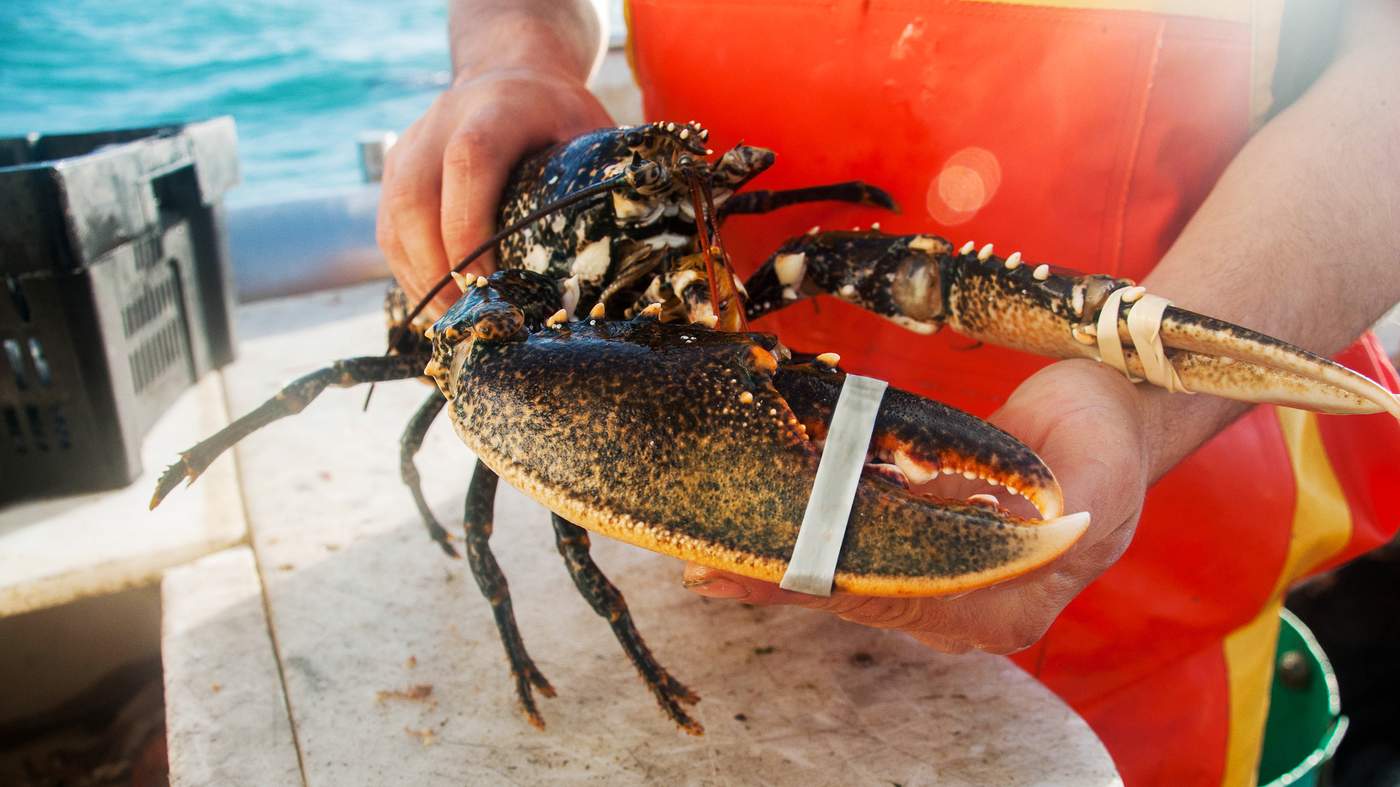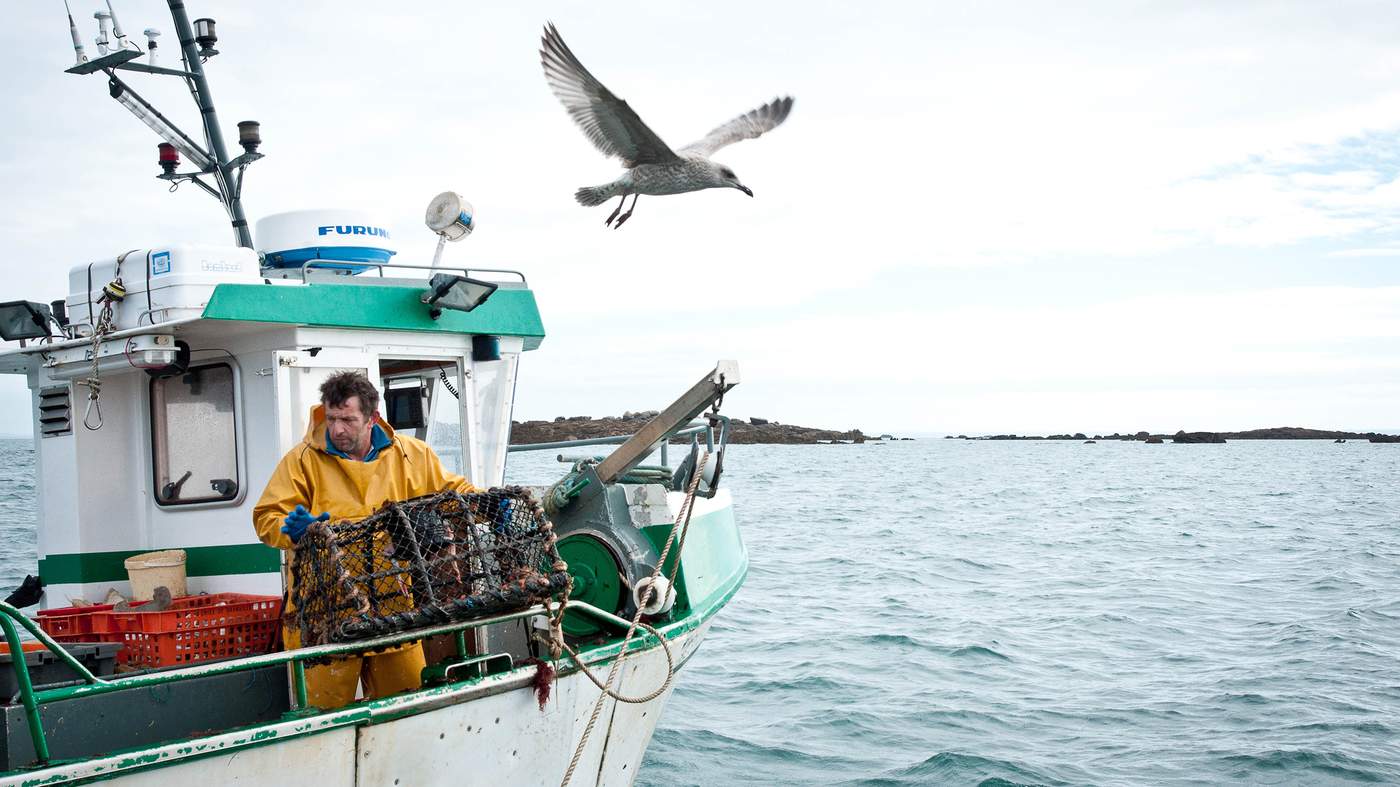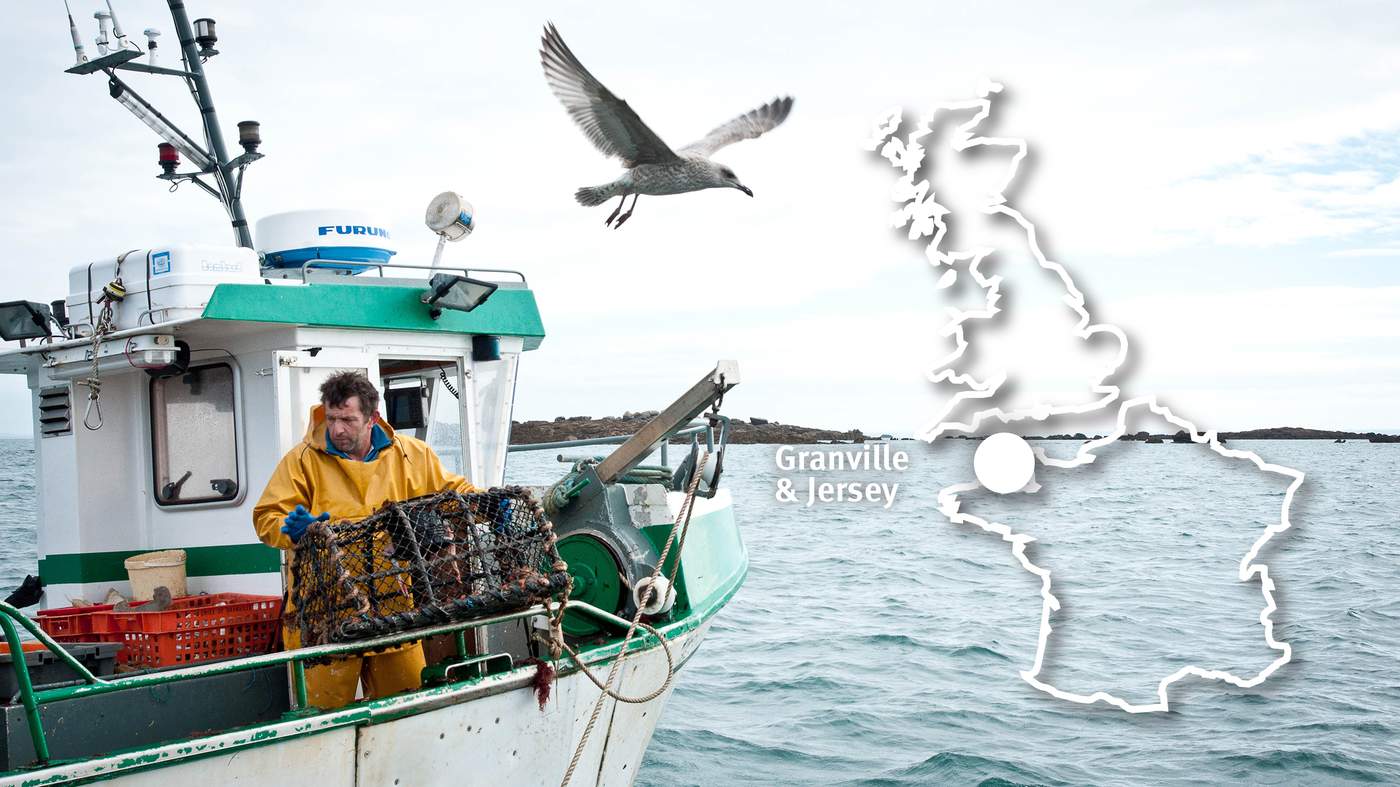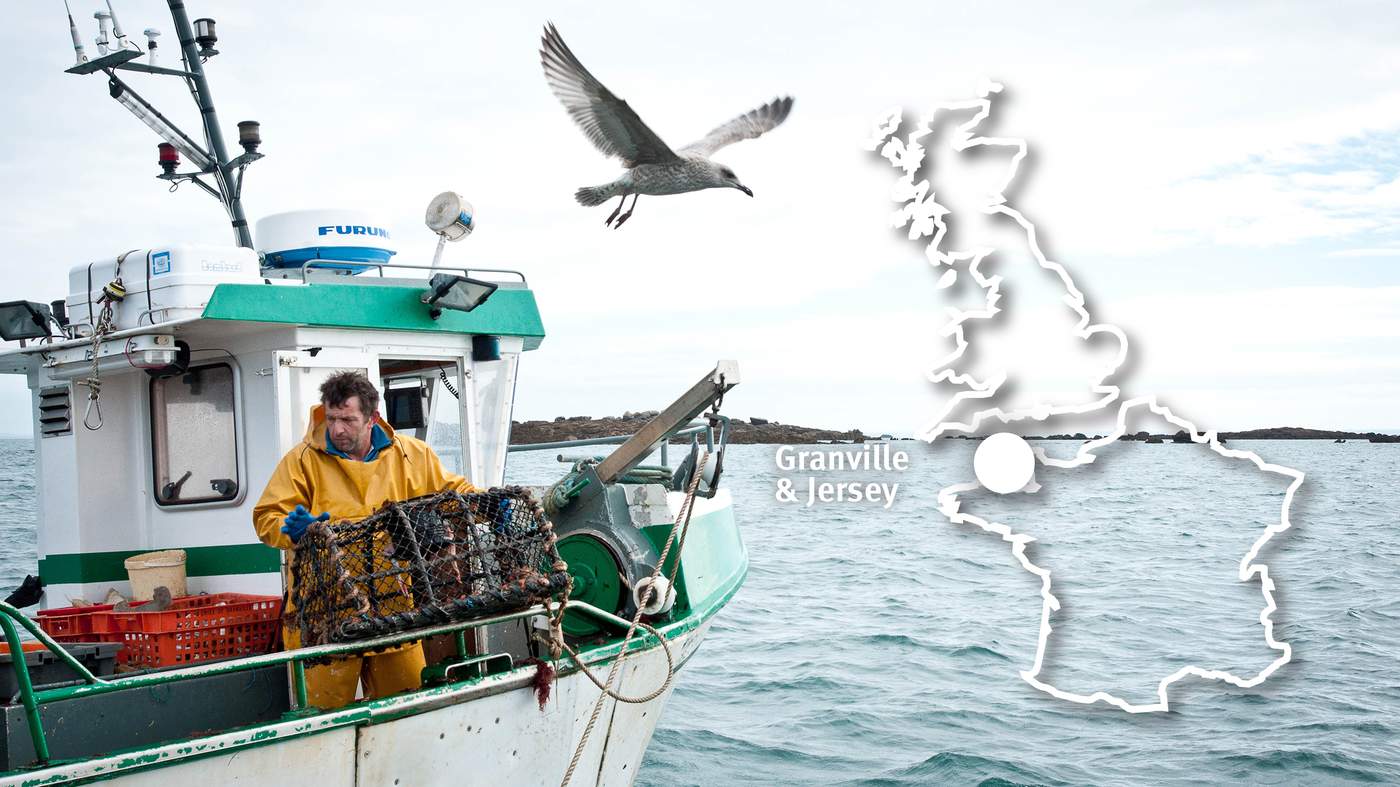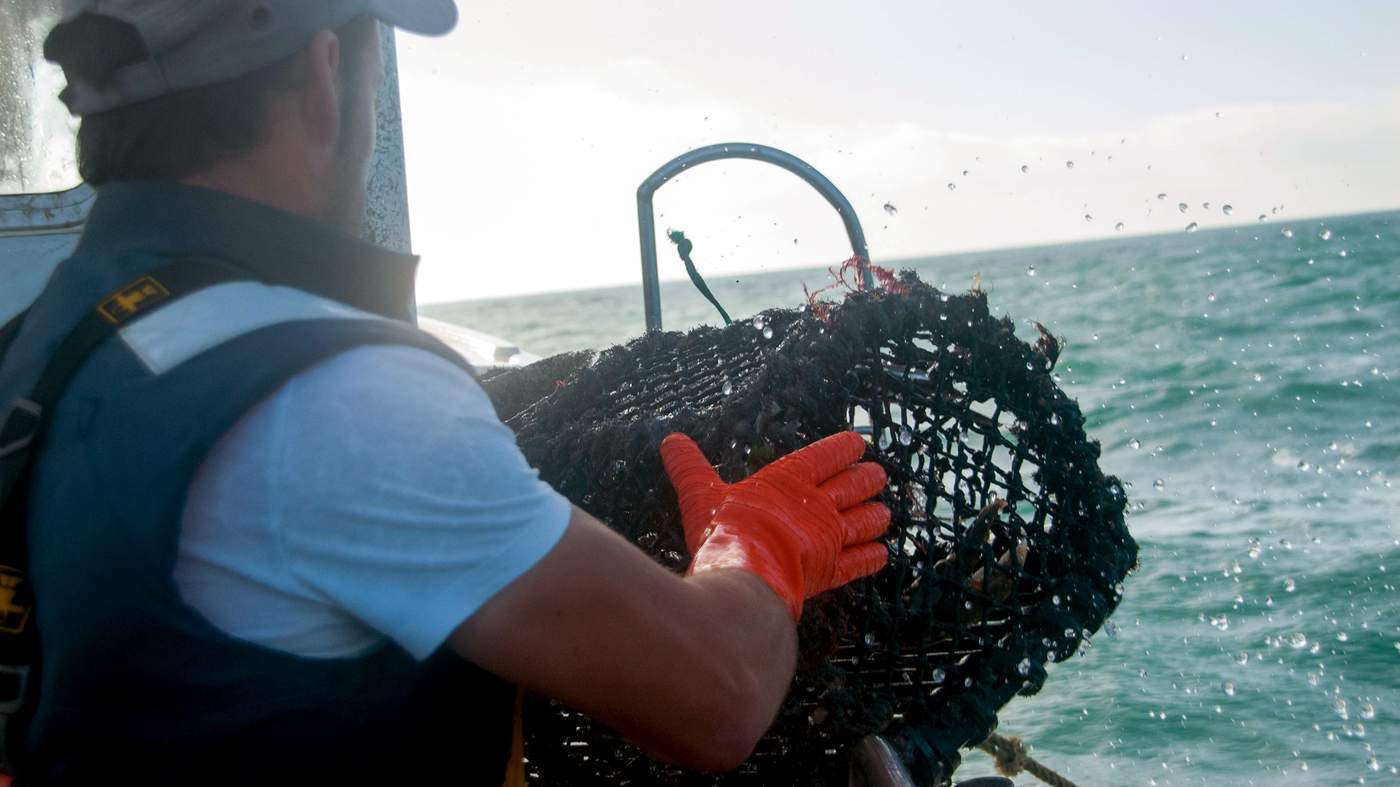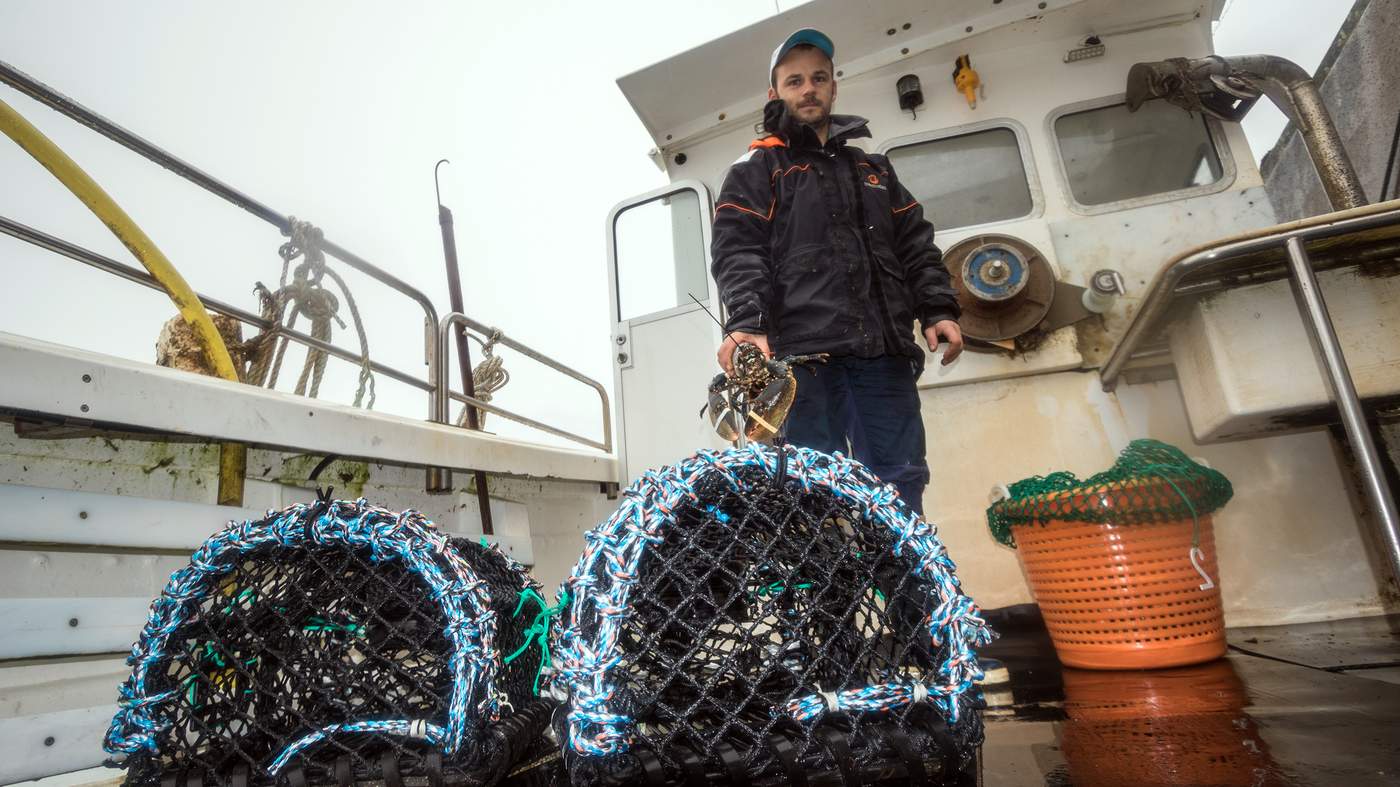To ensure the stock maintains high productivity with a low risk of overfishing, the certification required the fishery to put in place an action plan.
The aim: larger lobsters, and more individuals having the chance to reproduce over a longer period.
In addition, the fishery had to agree well-defined and effective rules to control the lobster harvest, with clear measures to take if stock levels were to decline.
For these measures to be effective, the fishery needed stronger data on the lobster population.

As well as reviewing past studies, the fishery has developed a process for collecting and pooling data.
This has included surveying lobsters in commercial fishing grounds and conservation areas, sampling lobsters sold at auction or landing sites, independent on-board scientific surveys and voluntary self-reporting from individual fishing boats.
“We’ve always tried to fish the right way, but MSC certification has helped us to coordinate and formalise our harvest strategy. It’s also strengthened our relationship with researchers and provided us with the information we need to manage our lobster stocks.”
The fishery worked closely with scientists from the French marine research institute IFREMER to analyse the data.
The process gave fishers and researchers new insights into the lobster population and its behaviour – for example, they discovered that lobsters tended to migrate offshore once they reached maturity.
They developed a standardised ‘index of abundance’ to monitor the health of the lobster stocks. If the index drops below 1 (the 2007 baseline), pre-agreed measures will be taken to reduce fishing effort – such as reducing the number of pots and fishing licences.
Further controls will be triggered if harvest levels fall below 6kg per 100 pots – a level based on the lowest recorded catch in 1996, from which the fishery nevertheless recovered, these controls include:
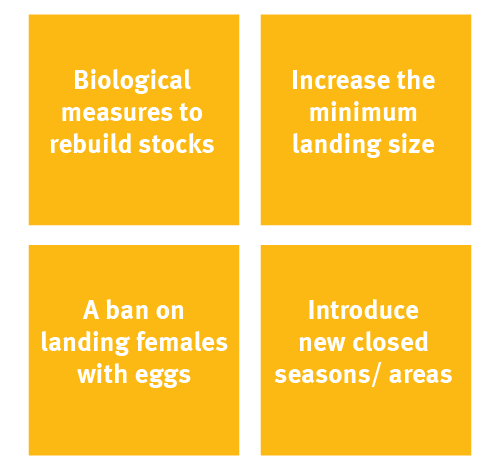
Independent audits showed the fishery was making good progress, and after three years assessors concluded that all conditions had been met, well ahead of schedule.
Encouragingly, there’s little danger that harvest control rules will need to be deployed any time soon. The index of abundance has been growing year by year for the last decade.
Share this story:
More MSC stories:
Beating Bird Bycatch: Smarter fishing practices dramatically reduce the number of seabirds deaths >
Follow us on Facebook
All images subject to copyright

